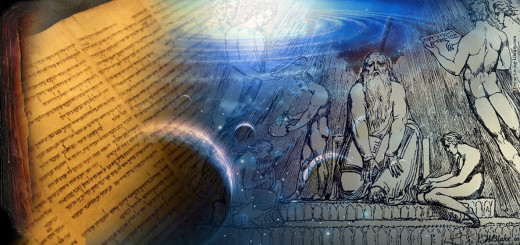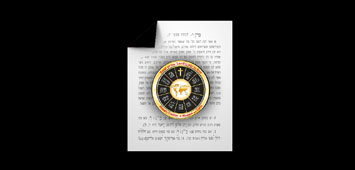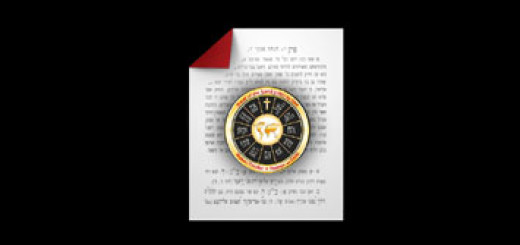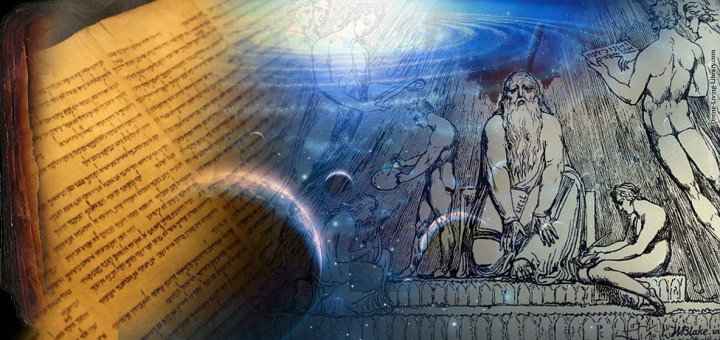
Administration of Oaths and Bonds
"which is administered by us to the glory of abundance which is administered by us."
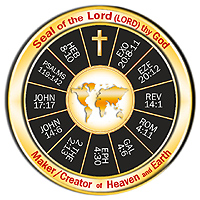
But we may venture to ask, What is this ‘end,’ this; It is no new term, but a familiar phrase which we have often met before, and shall often meet again. If we turn to our Lord’s prophetic discourse we find almost the self-same significant words, ‘Then shall the end come’ [tote hxei to telov], (Matt. 24:14) and they furnish us with the key to their meaning here. Answering the question of the disciples, ‘Tell us, when shall these things be; and what shall be the sign of thy coming, and of the end of the age?’ our Lord specifies certain signs, such as the persecution and martyrdom of some of the disciples themselves; the defection and apostasy of many; the appearance of false prophets and deceivers; and, lastly, the general proclamation of the Gospel throughout the nations of the Roman Empire; and ‘then,’ he declares, ‘shall come the end.’ Can there be the slightest doubt that the to telov of the prophecy is the to telov of the epistle? Or can there be a doubt that both are identical with the sunteleia tou aiwnov of the disciples? (Matt. 24:3) But we have seen that the latter phrase refers, not to ‘the end of the world,’ or the destruction of the material earth, but to the close of the age, or dispensation, then about to expire. We conclude, therefore, that ‘the end’ of which St. Paul speaks in 1 Cor. 15:24 is the same grand epoch so continually and prominently kept in view both in the gospels and the epistles, when the whole civil and ecclesiastical polity of Israel, with their city, their temple, their nationality, and their law, were swept out of existence by on tremendous wave of judgment.
This view of ‘the end,’ as having reference to the close of the Jewish economy or age, seems to furnish a satisfactory solution of a problem which has greatly perplexed the commentators, viz. Christ’s delivering up of the kingdom.8 It is stated twice over by the apostle, as one of the great events attending the Parousia, that the Son, having then put down all rule and all authority and power, ‘shall deliver up the kingdom to God, even the Father’ (1 Cor. 15:24, 28). What kingdom? No doubt the kingdom which the Christ, the Anointed King, undertook to administer as the representative and vicegerent of His Father: that is to say, the Theocratic kingdom, with the sovereignty of which He was solemnly invested, according to the statement in the second Psalm, ‘Yet have I set my king upon my holy hill of Zion. I will declare the decree: the Lord hath said unto me, Thou art my Son; this day have I begotten thee’. (Ps. 2:6, 7) This Messianic sovereignty, or Theocracy, necessarily came to its termination when the people who were its subjects ceased to be the covenant nation; when the covenant was in fact dissolved, and the whole framework and apparatus of the Theocratic administration were abolished. What more reasonable than that the Son should then ‘deliver up the kingdom,’ the purposes of its institution having been answered, and its limited, local, and national character being superseded by a larger and universal system, the ‘aiwn o hellwn’ or new order of a ‘better covenant.’
This surrender of the kingdom to the Father at the Parousia—at the end of the age—is
represented as consequent on the subjugation of all things to Christ, the Theocratic King. This cannot refer to the gentle and peaceful conquests of the Gospel, the reconciliation of all things to Him: the language implies a violent and victorious conquest affected over hostile powers,—‘He must reign till he hath put all enemies under his feet.’
"coming soon"

